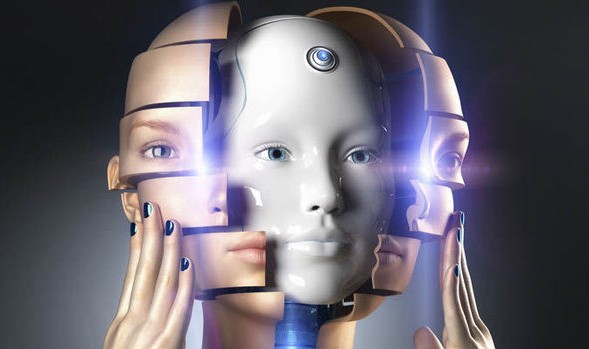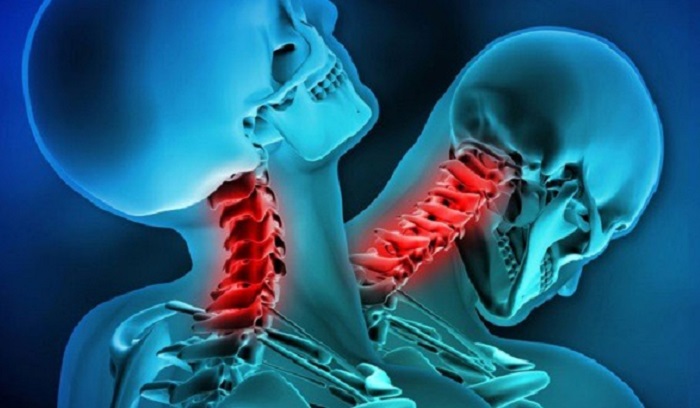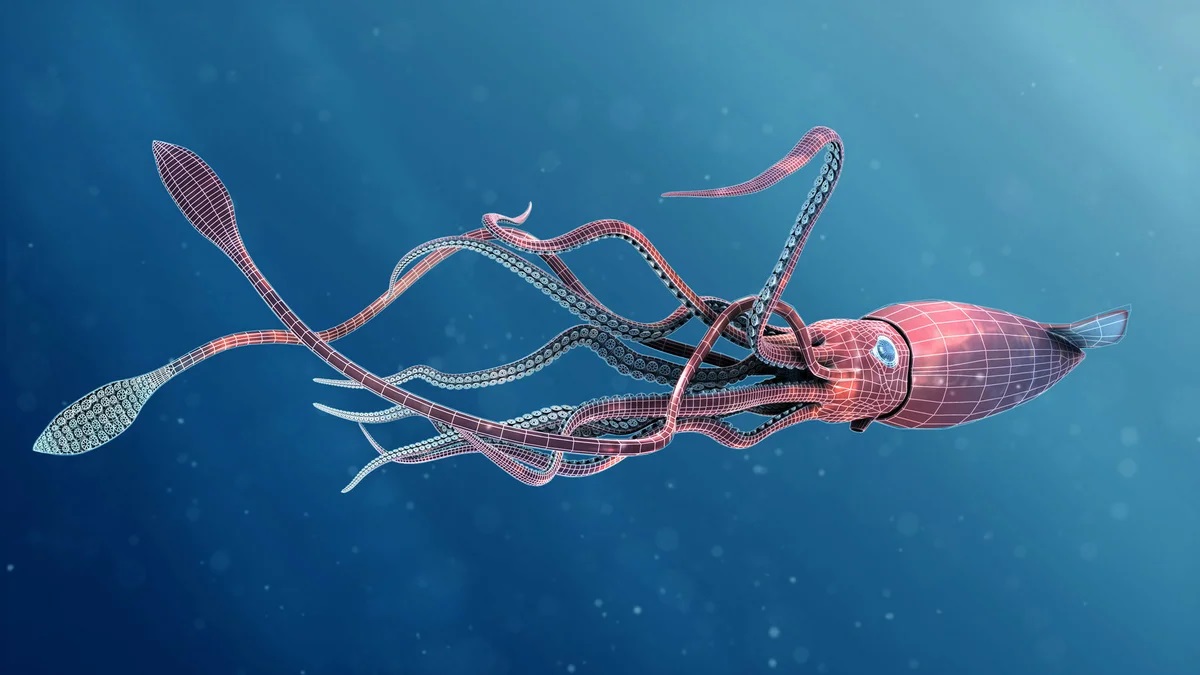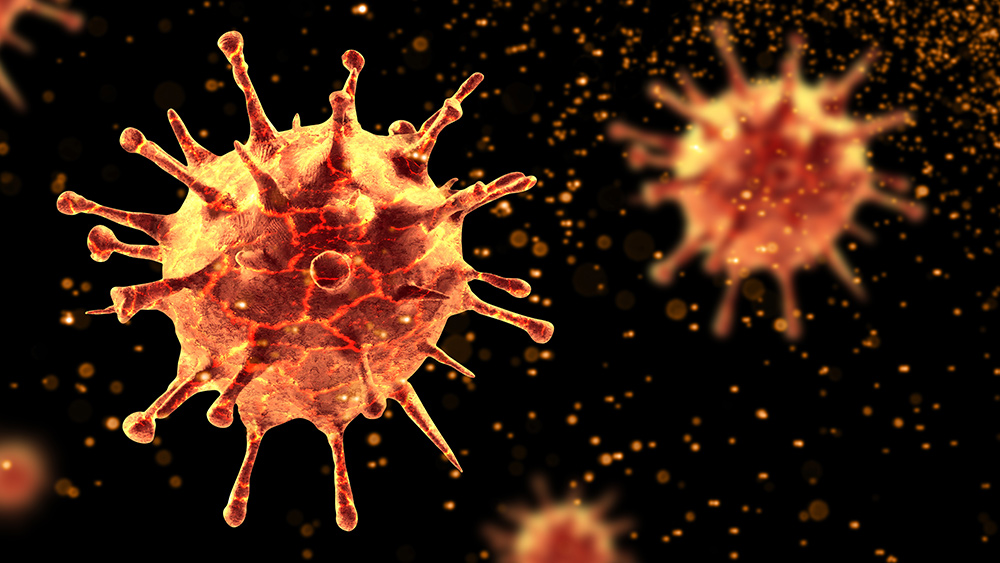“It will be the biggest evolution in biology since the emergence of life.” Within the next 200 years, humans will be so fused with technology that they will have morphed into God-like “cyborgs”, according to Yuval Noah Harari, historian and author at the Hebrew University of Jerusalem in Israel.
Yuval Harari is dedicated to researching the history of the human species, and after writing a new book about our past, he now believes that we are just a few centuries away from being able to use technology to avoid death altogether, namely the extinction of true humanity.

“I believe that in the next 200 years Homo sapiens will evolve into some idea of a divine being, whether through biological manipulation or genetic engineering of cyborg creation: part organic, part non-organic,” Harari said during the its presentation at the Hay Festival in the UK, Sarah Knapton reports for the Telegraph newspaper.
“It will be the greatest evolution of biology since the emergence of life … we will be as different from humans today as chimpanzees are now for us.” Of course, we should take Harari’s predictions with a pinch of salt, but while they sound more suited to science fiction than real life, they’re actually not that out of the ordinary.
Many researchers believe that we have already begun the path to a cyborg future; after all, many of us already rely on bionic ears and eyes, insulin pump technology, and prosthetics to help us survive.

With researchers recently learning how to send people’s thoughts across the web, subconsciously control bionic limbs, and use liquid metal to heal cut nerves, it’s not hard to imagine how we can continue to use technology to further integrate our own. vulnerable human bodies.
Interestingly, Harare’s statements came a few days after British neuroscientist Hannah Critchlow of the University of Cambridge excited public opinion that through the Internet it would be possible to load our brains into a computer, but if only. we could build computers with 100 trillion circuit connections.
“People could probably be living inside a car and that could happen in a short time. Potentially, I think it’s definitely a possibility, ”Hannah Critchlow said during her presentation at the festival.

But Harari warned that these updates may only be available to the wealthiest members of society, and that could cause a growing biological gap between rich and poor, especially if some of us can afford to pay for the privilege of living forever while for the rest of the world, the species become extinct.
If that sounds depressing, the alternative is a future where instead of harnessing technology, technology takes advantage of us while AI poses a threat to our survival, as Elon Musk, Stephen Hawking and Bill Gates.
In any case, one thing seems clear enough: our future as a species is now inextricably linked to the technology we have created. For better or for worse.

















